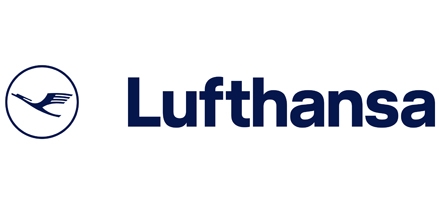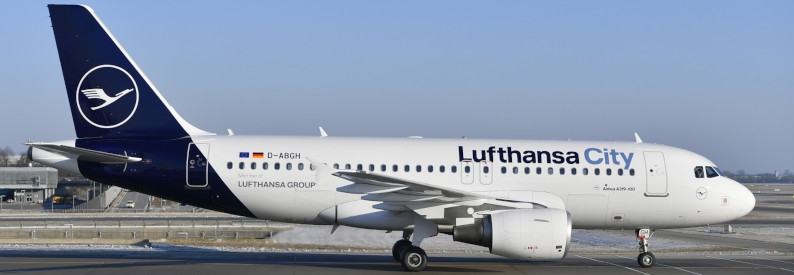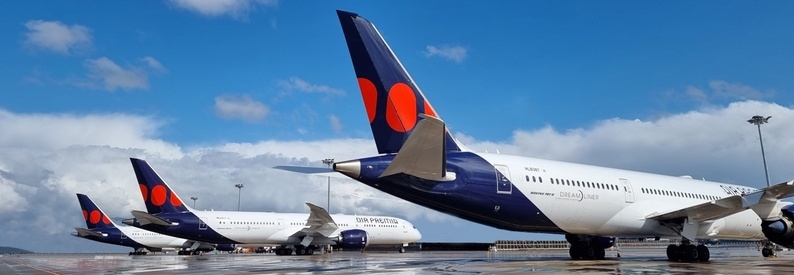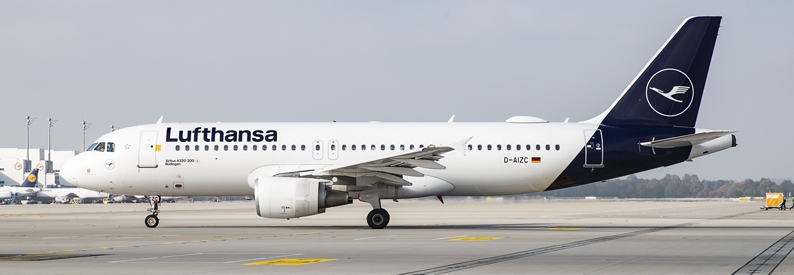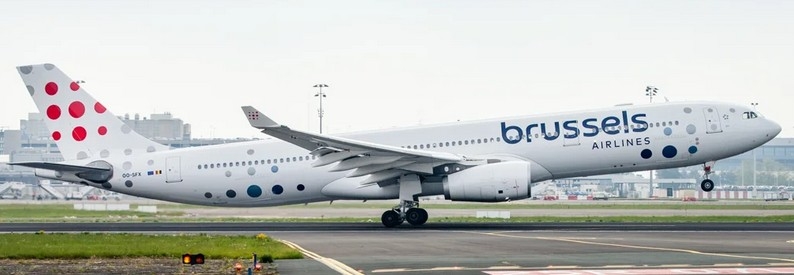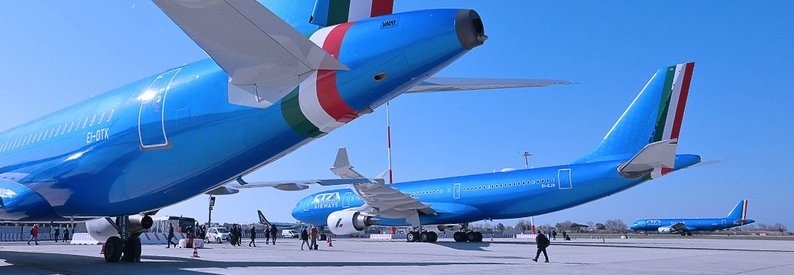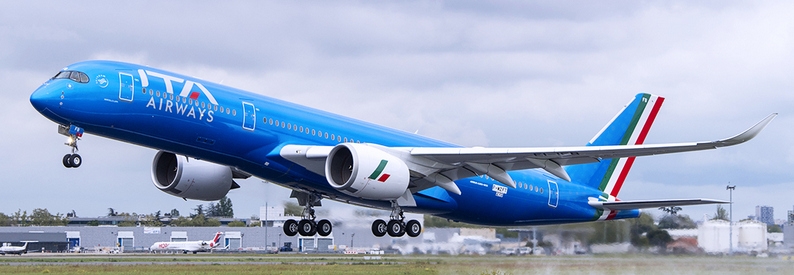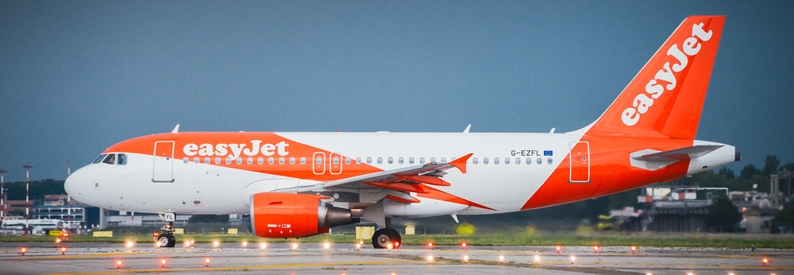Lufthansa Group Chief Executive Officer Carsten Spohr has confirmed Germany’s largest airline is creating a second Lufthansa CityLine-type subsidiary to feed short and medium-haul traffic to its Frankfurt International and Munich hubs from 2023.
Speaking at a March 3 news conference and briefing of financial analysts following the airline’s Q4 2021 financial results, Spohr said the aim of the new Air Operator’s Certificate (AOC) would be to safeguard the jobs of 250 pilots who lost their jobs with the closure of subsidiary germanwings (4U, Cologne/Bonn).
Taking the existing Lufthansa CityLine as model would mean the new AOC would operate about 40 aircraft. "That would bring us to 40 aircraft," he was quoted by aeroTelepgraph.
Spohr’s comments confirmed an earlier statement by Lufthansa that it was envisaging establishing a subsidiary with its own German AOC to find a solution for the germanwings pilots who are not covered by a waiver of compulsory redundancies like the rest of their colleagues at the core brands in the Lufthansa Group.
In an earnings call with analysts, Spohr said Lufthansa was keen to retain the germanwings pilots because they were mainline pilots who would be needed again next summer. Letting them go would also be an expensive exercise under German labour law if they needed to be rehired next summer, he explained.
The new subsidiary would also serve other purposes, he said. It would provide the Lufthansa Group with a solution to scale up Lufthansa CityLine by providing a solution around current labour agreements with the German pilot union Vereinigung Cockpit (VC) which limited the number of aircraft operated by Lufthansa Cityline. “We would love to scale up CityLine,” he said.
In addition, the Lufthansa Group was looking to lower its unit cost pressures at its Frankfurt and Munich hubs, he added. Pilots working for the new AOC would fall under the same collective labour agreement as the ones working for the existing Lufthansa CityLine.
Asked about complexities created by another AOC in the Group, Spohr said the plan was to fully commercially integrate the new subsidiary into the hub system. “So this is really a second CityLine fully commercially integrated into our hubs in Frankfurt and Munich. And indeed, the union cannot stop it because we can open AOCs as much as we want. These pilots could have also joined other AOCs, both the mainline or CityLine, but the union didn't want that because they didn't want these pilots to bypass the sonority of the existing pilots in the existing AOCs,” he said.
